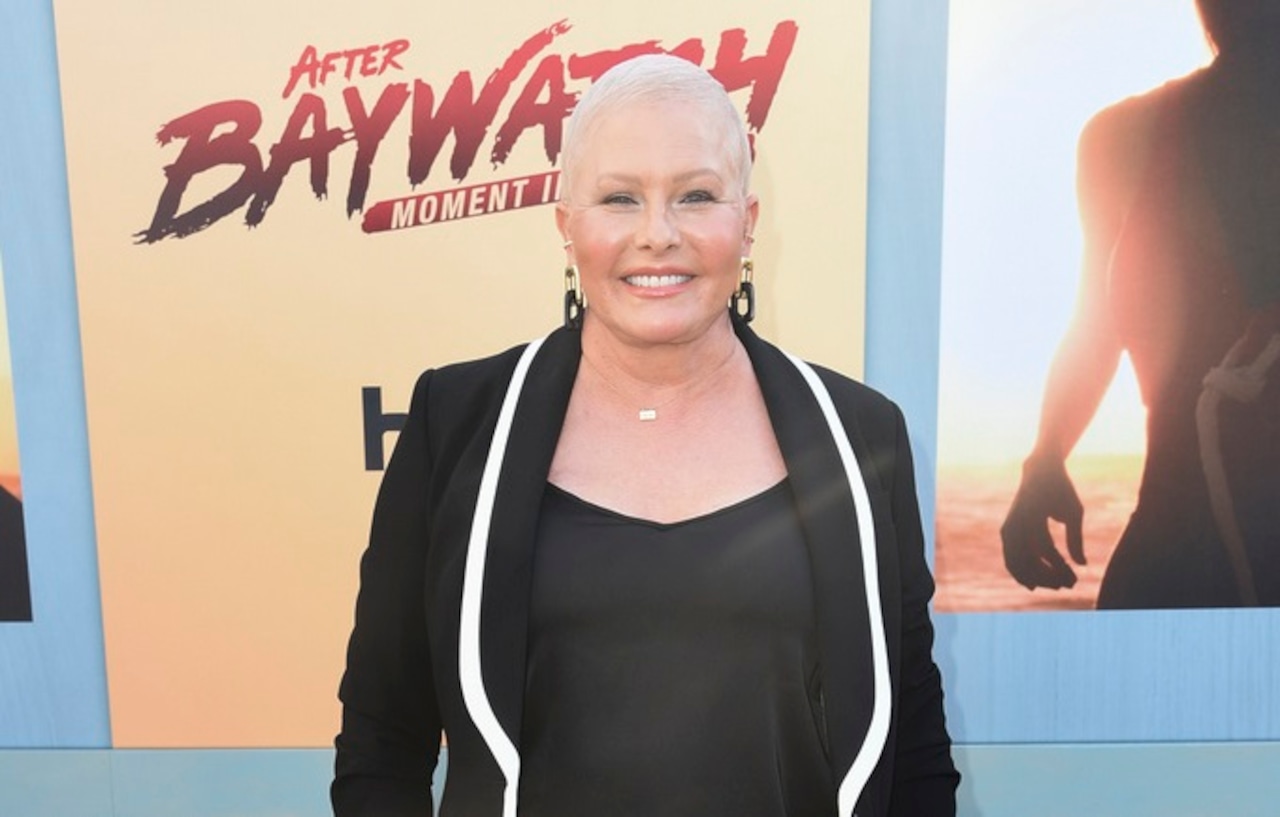Battling Cancer, 'Baywatch' Icon Reveals Life-Changing Health Strategy

Pamela Anderson, the iconic actress best known for her role in "Baywatch," is on a mission to promote healthier living and shed light on the challenges Americans face in maintaining wellness. In a candid recent interview, Anderson highlighted the significant obstacles that make pursuing a healthy lifestyle increasingly difficult in today's fast-paced American society.
"It's incredibly challenging to prioritize health in a country where processed foods, sedentary lifestyles, and convenience often take precedence over nutrition and well-being," Anderson explained. Drawing from her own experiences and health journey, she emphasized the importance of making conscious choices about diet, exercise, and overall lifestyle.
The actress-turned-activist has been a vocal proponent of plant-based nutrition and holistic wellness, using her platform to inspire others to take control of their health. She argues that systemic barriers and cultural norms make it "very hard to be healthy in America," calling for greater awareness and support for individuals seeking to improve their personal health and nutrition.
Anderson's advocacy goes beyond mere rhetoric, as she continues to lead by example, demonstrating how lifestyle choices can significantly impact overall well-being and quality of life.
